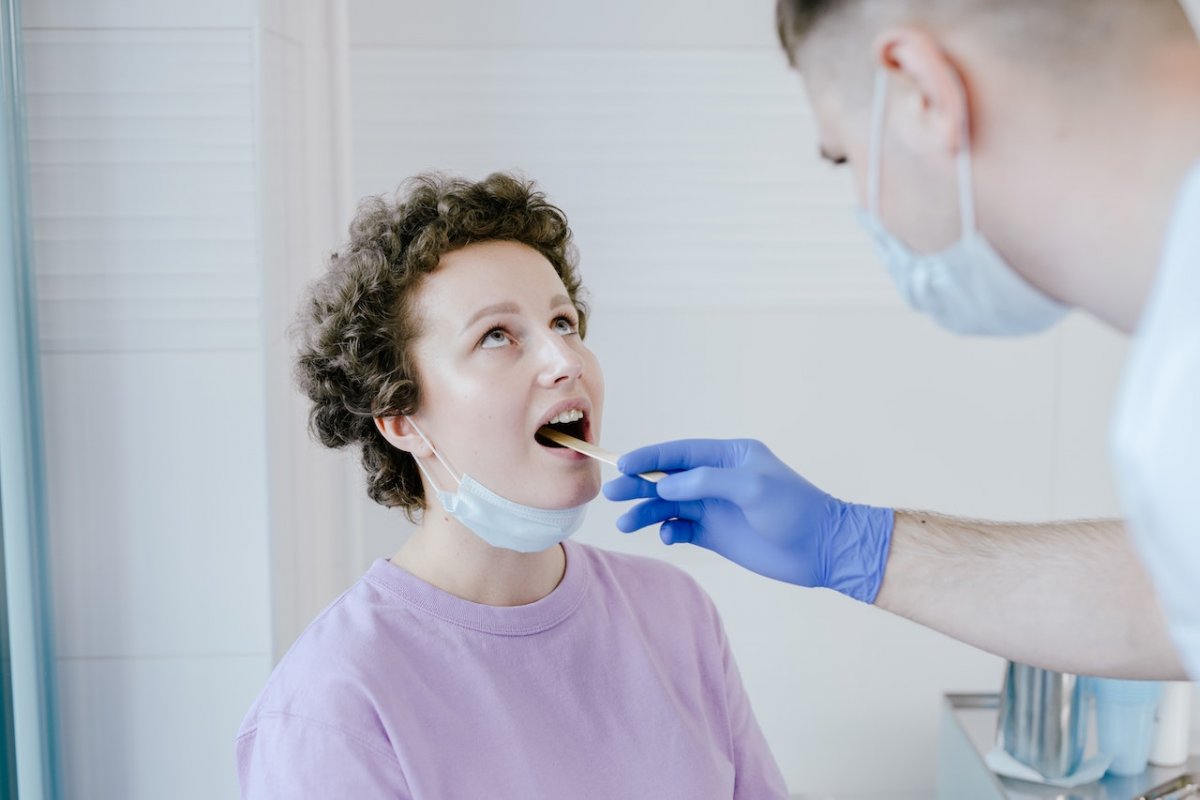
Oncologist-mammologist Danail Nazliev said that there are aggressive forms of breast cancer, but there are genes that can help fight oncology and increase the likelihood that the patient's body will respond to treatment.
The doctor refers to a study involving more than 3,000 women who were diagnosed with breast cancer. Scientists have found that the BRCA1 gene helps fight the disease.
– This gene is found in about one in 500 women and gives them the strength to fight the disease. Studies have shown that women with this gene are less likely to die from breast cancer than women without this gene. This is due to the fact that the gene helps to repair DNA and also kills cancer cells, the specialist wrote in his telegram channel.
Another gene that can help fight breast cancer is BRCA2. It occurs in about one in 1,000 women and also helps kill cancer cells. There are other genes that help fight cancer, but these two are the most common.
– If you have one of these genes, you are more likely to beat breast cancer. If you have both of these genes, then there is an even greater chance of survival, – the doctor noted.
Breast cancer symptoms:
- a knot or lump in the breast or armpit
- drawing in of the skin in the area of the breast
- change in the skin of the breast
- change in the size or shape of the breast
- rash in the areola area
- pain, swelling of the breast.
< li>discharge from the nipple, its retraction
Risk factors for breast cancer:
Moroccan fungus may be a cure for breast cancer
- early menstruation (before age 12);
- late menopause (after 55 years);
- woman did not give birth;
- heredity;
- obesity;
- smoking;
- alcohol abuse;
- diabetes mellitus;
- hormone therapy.
Angelina Jolie's gene was not so life-threatening< br>
See also: Nuts can help lower blood sugar.
Important! Information provided for reference purposes. Ask a specialist about contraindications and side effects and under no circumstances self-medicate. Seek medical attention at the first sign of illness.
 Danail Nazliev Medicine oncologist-mammologist
Danail Nazliev Medicine oncologist-mammologist
